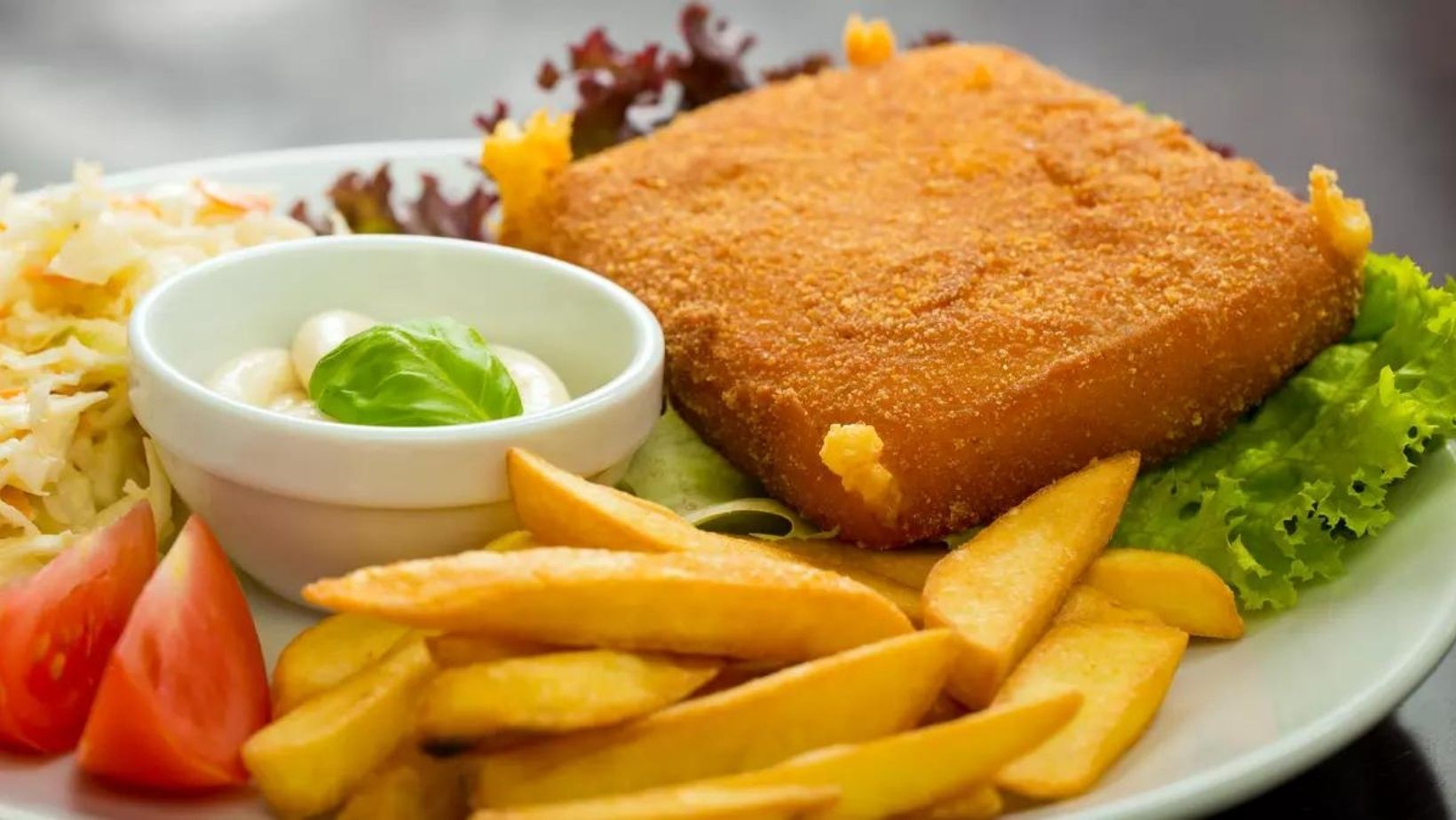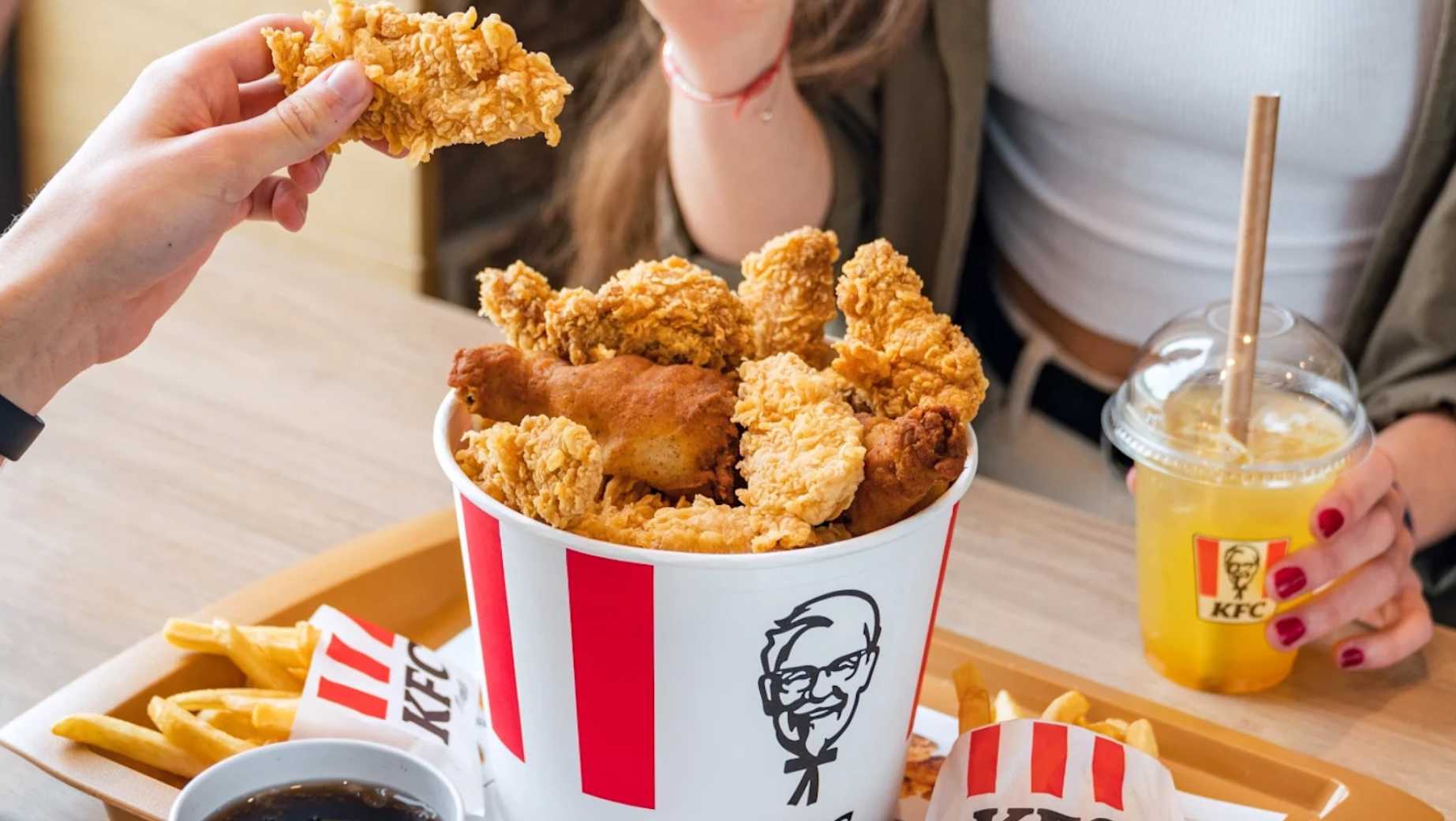With the growing number of young people who limit their meat consumption, there are more and more restaurants that try to include plant-based dishes in their menus. COVID-19 is also a reason for these dietary changes.
According to the latest survey by FMCG Gurus for the Czech Vegan Society, 21 percent of the Czech population is currently flexitarian, i.e. a person who has a primarily vegetarian diet but occasionally eats meat or fish.
The numbers have been increasing in recent years. Not only food producers but also restaurateurs are responding to the trend.
The reasons for reducing meat consumption are various. Most of the time, it is due to wanting to eat healthier or protect the environment and animals. However, according to some restaurateurs, the trend is also affected by the ongoing pandemic.
“A healthier plant-based diet is a huge trend after lockdowns. For me, it is absolutely the biggest megatrend of today,” says Luboš Kastner, co-owner of the restaurant group Hospodska.cz, which has cafes in Prague and Pilsen.
He explains this by the fact that Czechia has been behind other European countries in offering plant-based meals at restaurants and is now catching up. At the same time, the pandemic has created a space for consumers to learn more about eating healthy.
“It’s not just a trend in our restaurants, I see it all around. In addition, meatless meals are lower in cost, which is why it is interesting for gastronomes in terms of pricing,” says Kastner.
One of the positives to come out of the pandemic is people being interested in forming healthy eating habits. In the capital and its surroundings, about half of the restaurants now offer at least one meatless dish. Regional cities- Brno, Ostrava, Liberec, České Budějovice- are also continuing the trend.
Many restaurants now want to market themselves as flexitarian, vegetarian, and vegan-friendly establishments suitable for meat and plant-based diets.
“People are more interested in healthy eating during this period,” says Denisa Michnova, a restaurateur in Frýdek-Místek.
However, the trend has not yet been seen at all in official statistics. According to the Czech Statistical Office, in 2019 the average Czech consumed 83 kilograms of meat per year (of which almost half was pork), and since 2013 this amount has been growing slightly every year.
“At the same time, we see a strong trend in increasing numbers of meat consumption. It’s not like the plant-based diet numbers go up and the meat consumption goes down,” says Kastner.
Plant-based meat from a Czech laboratory
Strong demand for plant-based foods is confirmed by food producers. The Czech company Heaven Labs, which launched the alternative ManaBurger a year ago, will create a new production line due to enormous interest.
“We want to exceed the limit of one million burgers produced by the end of 2021 and in 2022 to produce 10 million burgers a year,” the creator of Mana and founder Jakub Krejčík told the editorial staff of SZ Byznys.
The company started offering a vegan alternative to meat burgers to Czech and Slovak retail chains.
Mana, which began producing beverages capable of nutritionally replacing food, has global ambitions with burgers in Europe. It already supplies its drinks to 172 countries around the world through e-commerce.
They plan to supply their vegan alternatives to neighboring countries in the near future.
However, competition in the alternative food market is growing. Multinational food companies, such as Nestlé, Unilever, or Beyond Meat, are also increasingly involved in the production of plant-based substitutes. They also report double-digit sales growth.
-
NEWSLETTER
Subscribe for our daily news











